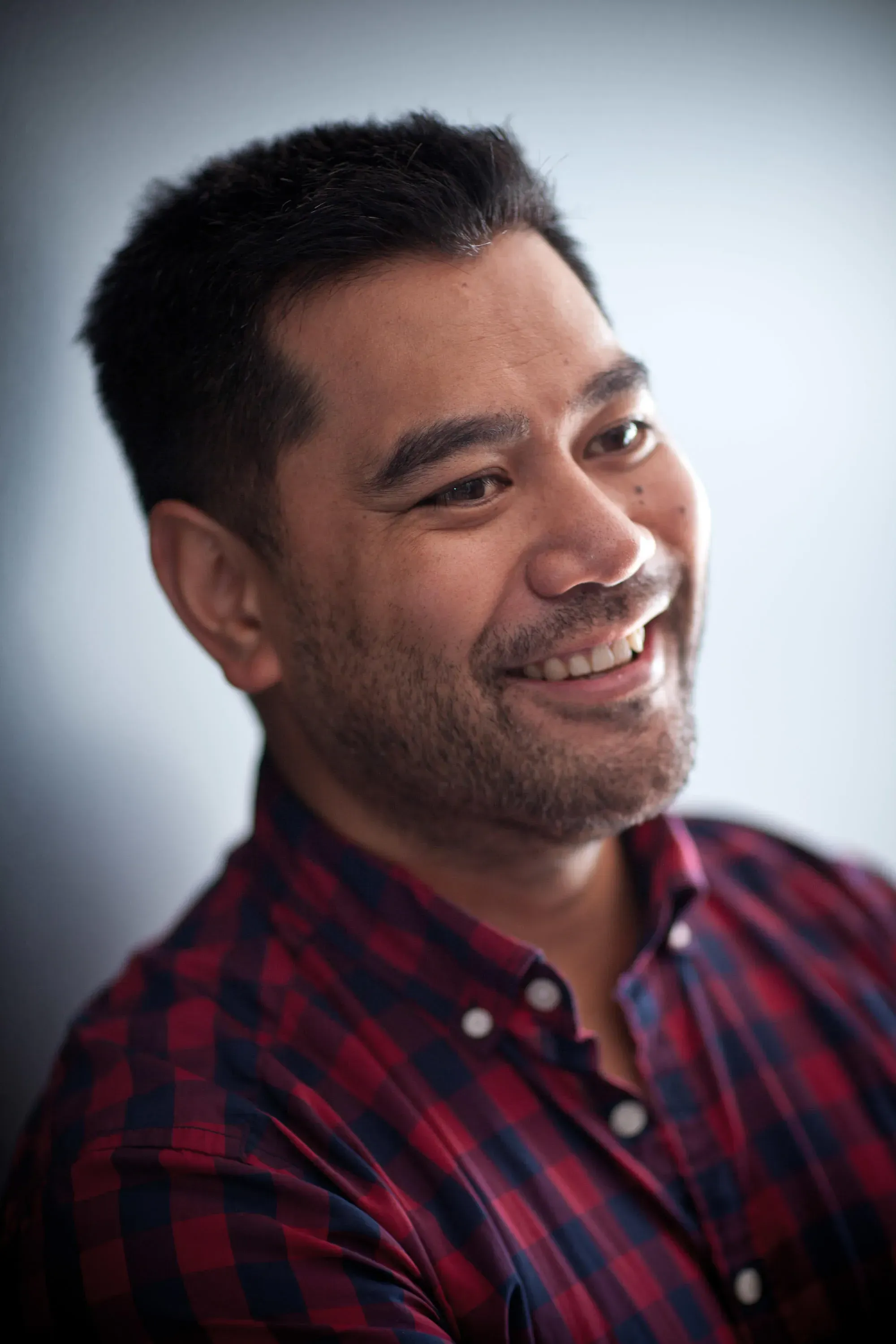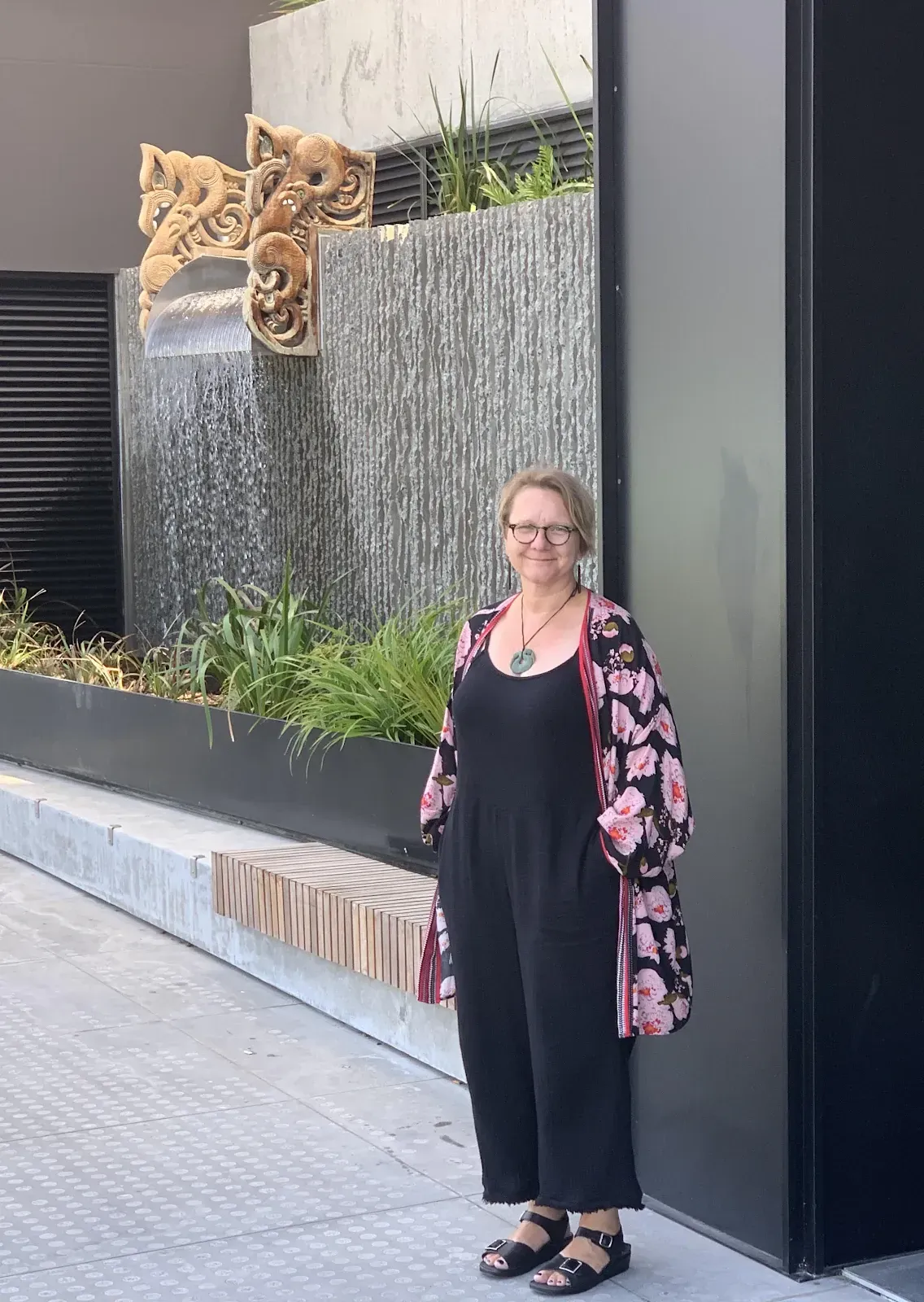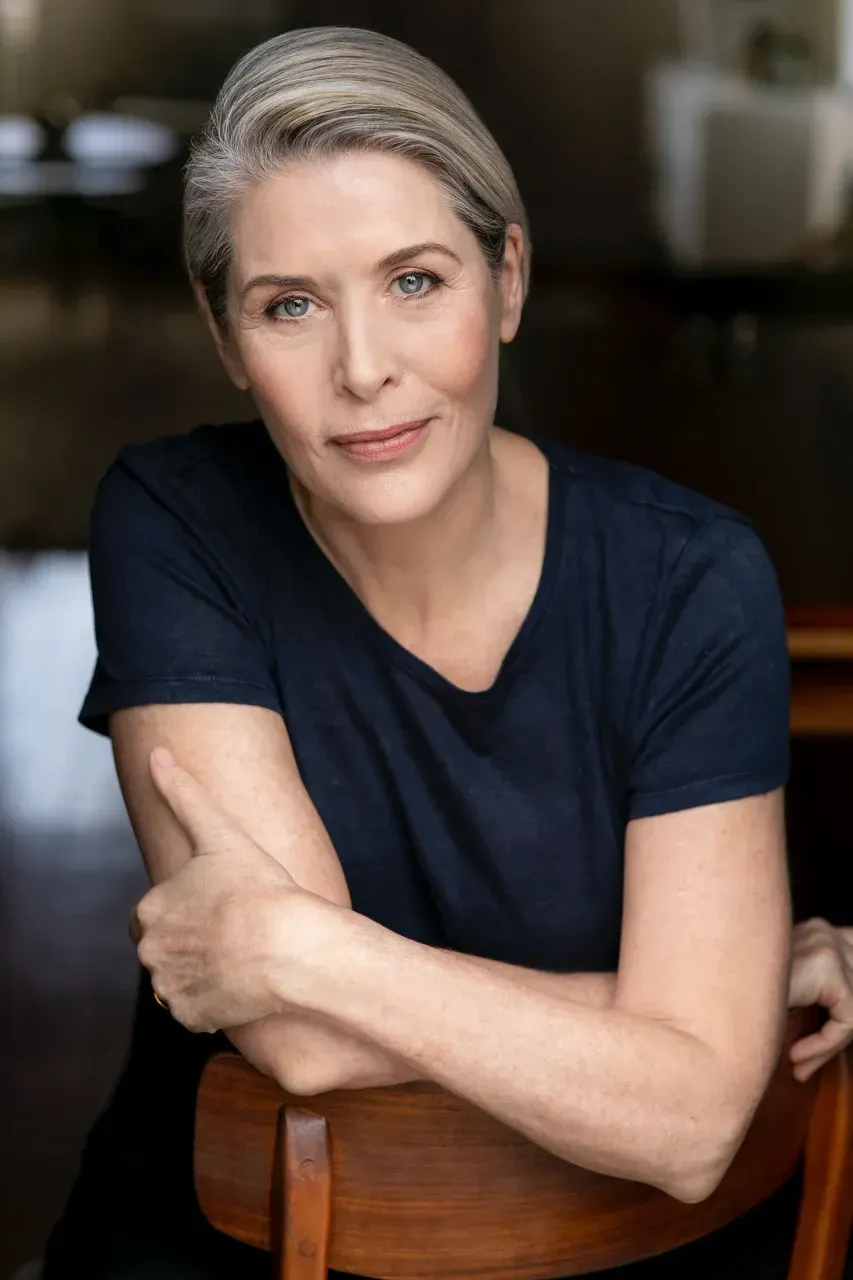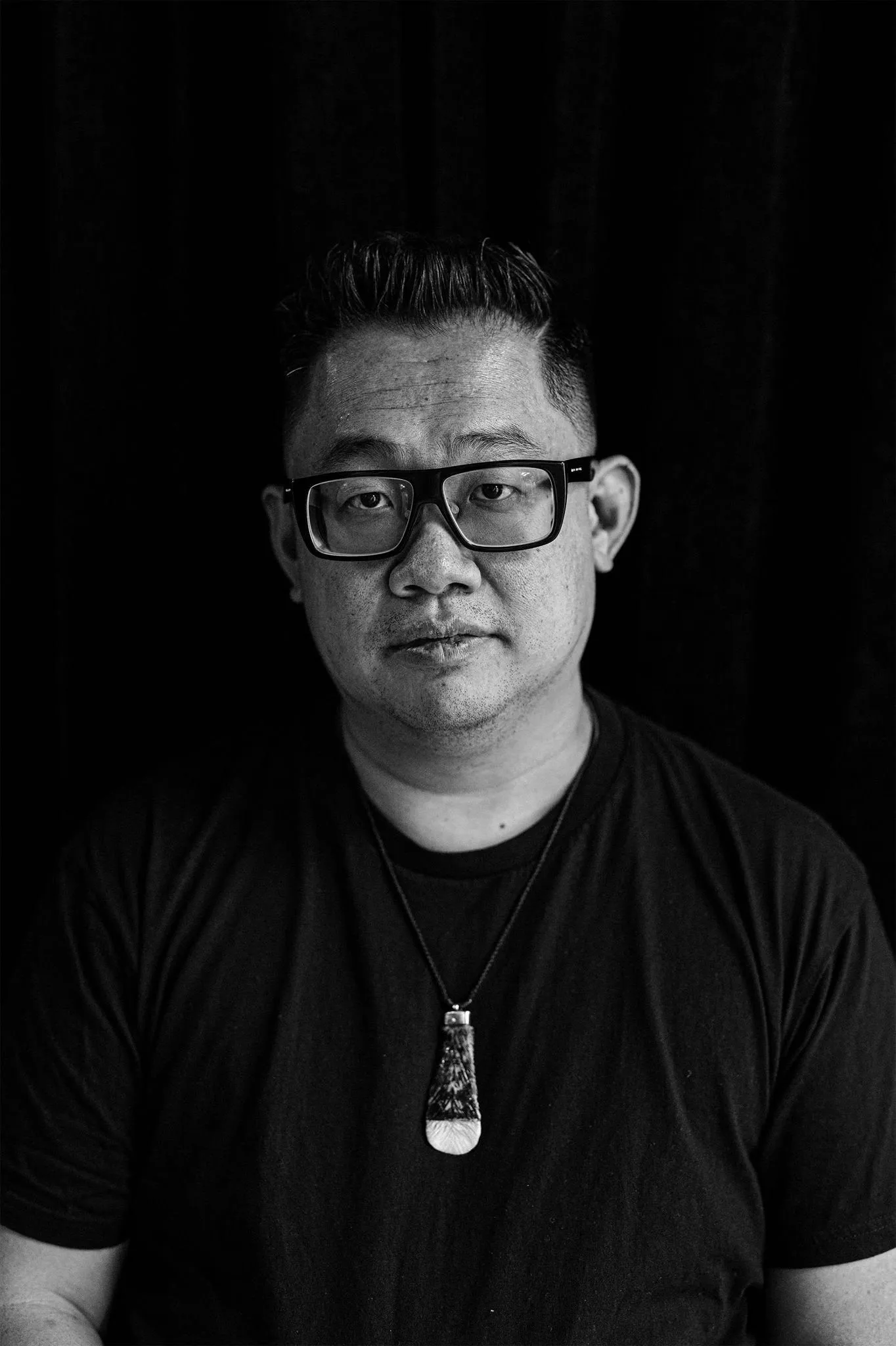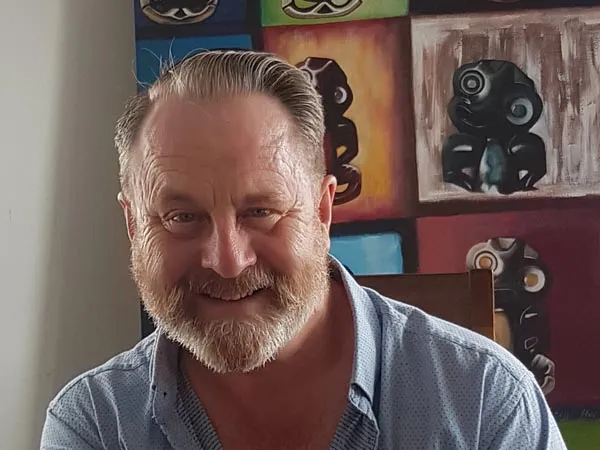Arts Leaders: What Are The Next Steps?
Written by
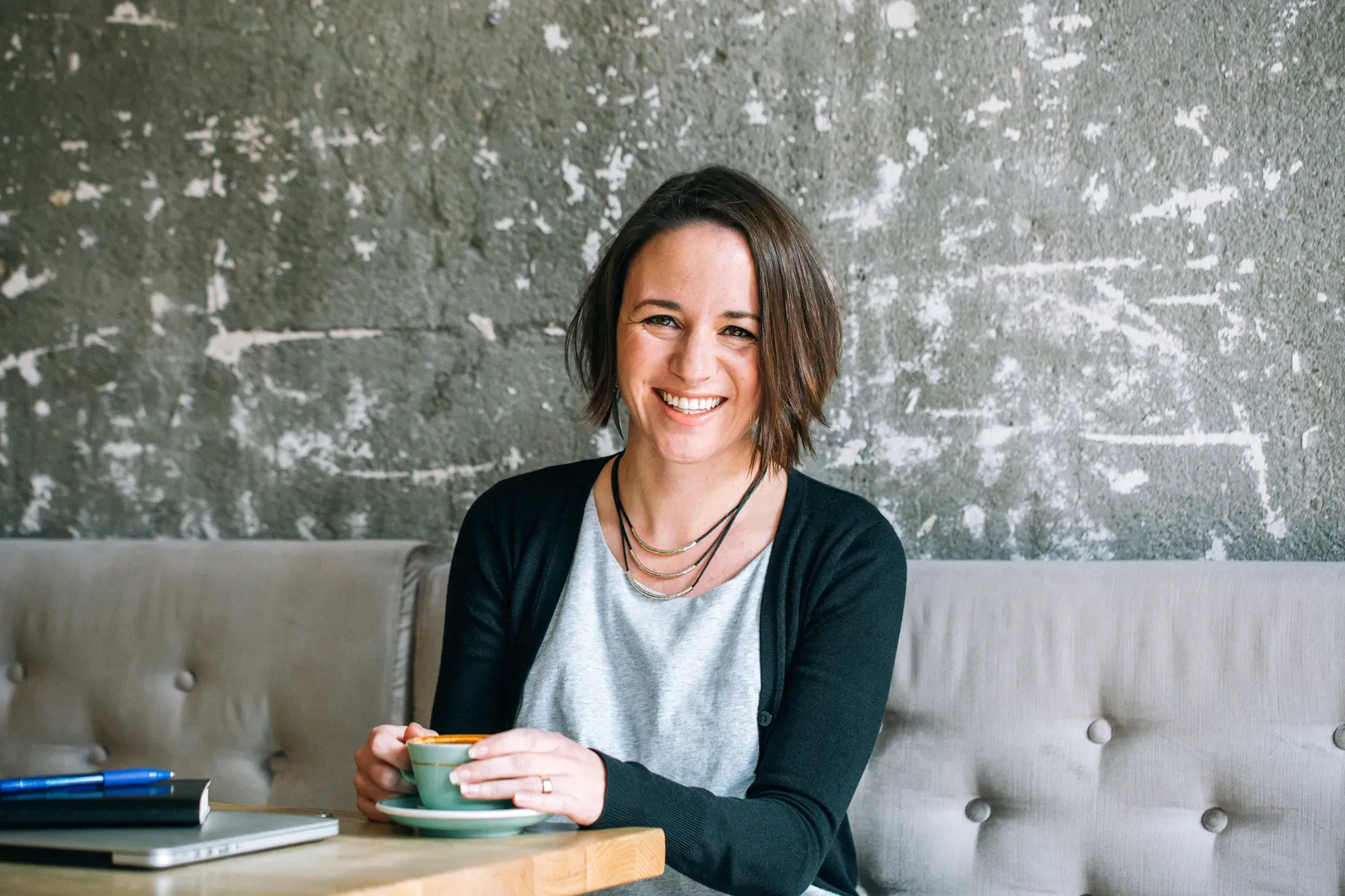
The Arts Leaders series is back in session.
Following the creative community’s call for leadership as we look to make sense of the devastating impact being caused by the COVID-19 crisis, The Big Idea has been canvassing the thoughts of those who fit the bill.
We have reached out to dozens of forerunners within our industry - from Chief Executives to Directors to the New Zealander of the Year - to get their reaction to what’s happening - and what should happen in the weeks and days ahead.
In the opening part of our Arts Leaders series, we posed the question about their own experiences in the early days of the crisis to help get a gauge of how some of the most respected names in the industry are feeling, and adding weight to those voices.
Today’s Question: What strategies would you advocate for at this time? Are there any key actions you’d like to see taken for the industry, and by who?
Anne Rodda - Michael Hill International Violin Competition Executive Director and 2020 New Zealander of the Year Awards National Manager

Photo: Sheena Haywood
The need for a single coordinated promotions device for the arts becomes obvious once again. But instead of live events, we need to know how to find broadcast events/ virtual exhibitions/ online lectures. Pleased to see that Eventfinda is already catering to this. They will be taking a hit on their ticket sale income but are commercially strong and could really take the high road by gifting their service to the arts and wider communities. Allbirds have done this by offering free shoes to every health worker on the front line; they look like heroes.
History shows that individuals put their hands in their pockets and donate during crisis. The industry needs the singular message that supporting benevolence funds for artists is the best way they can help in the short term. Government, grant providers and businesses will need persuading to spend their rainy day funds not only now but to quickly reactivate their financial support when we’re out of lockdown and producing work again. The arts have always led the way in a revitalisation (post-war, community rejuvenation, etc…) and we will do it again.
I’ve not discussed this with others, but I’m already feeling a psychological awareness of slowing down and taking pleasure in simpler pursuits. Walking the dog yesterday, I was delighted to see the numbers of families out riding bikes, kicking a ball around in the park, purchasing fresh veggies for a good home-cooked dinner. The universe is giving us a chance to collectively press pause and reset our manic routines.
Michael Moynahan - Creative New Zealand Chairman

I was recently struck by this statement from Guy Armitage of Zealous, a UK creative submissions platform connecting organisers, creative candidates and assessors: “With society in isolation – the arts are needed now more than ever to remind people they are not alone, that we can still dream, escape our current realities and engage our imaginations in building a better world for tomorrow…”
The arts community is not a single ‘thing’. It is an intertwined, multi-layered, beautiful but vulnerable collaboration of practitioners, organisations, venues, support people, funding agencies and the public. It sits at the heart of how we express ourselves, find ourselves a voice, interact with each other and calm ourselves in a noisy and currently interrupted world. Every time we pick up a book, listen to music, look at a painting or respond to a dance, we are engaging with art. As New Zealanders, we cannot let this integral part of our lives slip through our fingers, only to emerge from this crisis, look around and find it has disappeared – that there is no work, no venues or no income.
The reality of any strategy at this point has to be survival.
Leadership is crucial in a crisis, and we all have a part to play in leading our arts whānau through turbulent times. The Government, who can have the most impact in this space, already has an excellent infrastructure of agencies like Creative New Zealand, NZ on Air, the Film Commission and others, who are very close to the ecosystem and who have the ability to respond quickly and efficiently to the current crisis. There is no need to invent anything else – there is only the need to amplify the response.
To do that we need more resource, and let’s face it, that is money.
The arts community will respond. Given the chance, the multi-layered collaboration I spoke of above will pull together and find solutions to how we avoid a collapse. They will innovate, create, explore and deliver if they are empowered and supported to do so.
This is important!
I know that the public – who are the true beneficiaries of the contribution the arts make to lives and wellbeing – understands this. I know that our leaders know and understand this. What happens beyond the immediate is crucial. The moment is now for everyone to press for a response which will see us emerge from this crisis in the kind of shape that will include an arts sector ready to meet the challenges, and the opportunities, of a new normal.
Neil Ieremia - CEO/Artistic Director, Black Grace
Photo: Kristian Frires/Urbis Magazine
CNZ, having announced an emergency response package with more details to come soon, coupled with the Government’s COVID-19 Economic Response Package to provide hardship support, are making positive steps in the right direction. In saying that, the impact of this unprecedented event will affect us all for a considerable amount of time, perhaps longer than many of us can really imagine right now, so any strategy will need longevity and a degree of specificity relative to the Arts sector.
My sense is that the key stakeholders involved in the Arts and Culture infrastructure are open and willing to work with organisations, groups and individual practitioners to stabilise and sustain things while we all try and figure out where to next.
I know for us at Black Grace, the last 25 years have been non-stop. This forced stoppage is completely foreign to me as a leader, as I am sure it is to many. It has unexpectedly provided time and space for perhaps the biggest key action we can take which in my opinion is to review and reflect honestly on the questions around why, how and for whom do we create, present and preserve art.
Dr Alison Taylor - Chief Executive, Te Taumata Toi-a-iwi/Arts Regional Trust

The Creative New Zealand arts relief package will provide a springboard for wider discussions about the strategies needed to support our sector. Once we know what their models for support are, we
need to use these to engage non-government funders of the arts, such as the philanthropic sector, to see what they can offer beyond ‘business as usual’.
Working with funders is critical, but we also need to draw on the sector’s capabilities for innovation. There will be many ideas out there about what the sector could do, both to meet the immediate
challenges and to look at how we prepare for the ‘new normal’ that will emerge. We need to provide platforms for creative conversations about strategies and potential solutions to issues such as how
we maintain our connections to our audiences and communities.
A key action for us as an organisation has been to undertake a survey to is to get a sense of the scale of the impact of COVID-19 on creative practices, and the support needed. This will help inform our
discussions with funders and the sector in the weeks ahead.
Before the COVID-19 crisis hit, Te Taumata Toi-a-Iwi was already focusing on what we could do to build recognition and support for the arts in Tamaki Makaurau. COVID-19 has brought into sharp
relief the weaknesses of the ecosystem that supports our sector. We now have a unique opportunity to rethink what we need to do to sustain our artists and our arts through this crisis, and beyond.
Simon Bowden - AA(e)-C(19)C - Aotearoa Artists and Events during the COVID-19 Crisis Facebook page Admin, Musician and philanthropy consultant

The sector is waiting with interest to see the final detail on the Creative New Zealand arts relief package, which opens on 14 April. It would be good to see, as much as possible, the easy forms, quick response and minimal requirements that many people are experiencing in the government business relief processes also implemented in the CNZ programme. However, the sector will need to be patient and respect that CNZ has a very difficult job to make their funds go as far as possible, and to the highest need.
Just like we support our neighbours, let’s hope arts practitioners find ways to support each other through the application process. There should be lots of sharing in our Facebook group: AA(e)-C(19)C - Aotearoa Arts and Events during the COVID-19 Crisis.
With respect to limited resources, the mental stress our sector is under and the lack of options for sharing work with audiences, it would be great to see more artists sharing work digitally. If a well thought out NZ solution for connecting the arts with audiences can be developed, we may be able to increase engagement while also providing a new source of income for creatives. For example, a donation-based virtual venue that provides access and gives those that can afford it a chance to contribute. I think the Arts Foundation’s Boosted platform could help here as they can provide one-on-one advice to artists wanting to reach audiences. An NZ solution could also help develop a sustainable culture of generosity in a time of low affluence.
Regular donors to the arts, like all of us, will have financial challenges and uncertainty. The arts are not the only sector that is suffering. We need to get the balance right between enabling people to help where it is needed and to maintain the joy of giving that comes from being connected to creative work. The culture of giving that emerges in these times may have a long term imp act on the arts and how people perceive the sector. The arts has to maintain and grow its mana as a vital and important sector in Aotearoa by being present in the culture, relevant and impactful. Yes, people should give to artists and organisations they love to keep them going, but they should also participate as donors to enable the presentation of work so we can help keep the nation sane.
The generosity of those that give should be acknowledged with matching schemes and potentially an increase in the tax credit rate. Anything that central government can do to support and encourage philanthropy will have a benefit on the arts.
Meg Williams - TĀWHIRI festivals and experiences Executive Director

 The whole industry is in chrysalis-mode, we need to weave a protective layer and make sure people are safe, and then we will re-emerge, undeniably as something quite different. My instinct is while some people can move fast and pivot into digital, for example, this period will also require patience and reflection to make sure we are making the right calls with as much information as we can.
The whole industry is in chrysalis-mode, we need to weave a protective layer and make sure people are safe, and then we will re-emerge, undeniably as something quite different. My instinct is while some people can move fast and pivot into digital, for example, this period will also require patience and reflection to make sure we are making the right calls with as much information as we can.
We will be thinking about: how to support New Zealand artists and arts workers, particularly independents and the most vulnerable, and in new ways; how do we work better as a whole ecosystem, in the re-emergence phase every action each arts organisation takes will have a knock-on effect elsewhere in the system, let’s make sure those effects are positive and not inadvertently damaging (this means planning will take more time and a radical openness is required); we must re-prioritise and re-imagine partnerships and collaboration cross-sector; we’ll need to re-assess city, sector and individual long-term plans in a new context and decide what to lean into, we may not need to abandon all our plans; indeed some elements will now become more important than ever and may need to be fast-tracked.
Jennifer Ward-Lealand Te Atamira, CNZM - President, Equity New Zealand and 2020 New Zealander of the Year


At Equity NZ, we are continuing to provide specific detail for self-employed performers to be able to access government subsidy payments and in particular accommodation support for those who are renting. We are conscious that actors still want to keep their practice up, so are looking at what professional development opportunities will work well online.
I’ve been impressed with how responsive some of the theatre companies have been. ATC has shown real leadership in supporting their contracted workers and along with the NZ Comedy Trust and Auckland Live contributing to providing free access to the MusicHelps Wellbeing Service - a counselling service. It’s clear to me that they are keenly aware of the devastating effect this situation has had on our community. Both Centrepoint Theatre and Silo Theatre have instigated online curated work opportunities for performers. CNZ has been equally responsive and will shortly open applications for the new grant streams recently established.
For all of these positive initiatives, there is a feeling of loss, of grief. I feel it too. Working alongside other creatives enlivens and inspires me and connecting via a screen only goes so far. I believe the arts sector would really value messages from our Ministers for the Arts acknowledging the devastating impact this lockdown is having on us.
Paula Browning - WeCreate Chair

The creative sector is collaborative by nature, and always responsive in a crisis, so we’re seeing industries coming together to coordinate their responses and collaborate on opportunities in the ‘new normal’ – such as presenting performances and events online and monetising them to pay people.
Longer-term, once we have had the time to deal with the immediate response to this crisis, I’d like to see an enhanced focus on diversifying NZ’s economy so that it is more resilient to disruption in our traditional sectors, and our creative sector is ideally positioned to do this, particularly in growing digital trade, and the skills we will need for the future. The Government has included the creative sector in its economic transformation plans and the sooner we get started on this, the better for not only creative sector people but also the wider economy.
Linda Tyler - Convenor of Museums and Cultural Heritage, University of Auckland

This would be an excellent time to introduce the Universal Basic Income, a government periodic payment delivered to all on an individual basis without means test or work requirement.
Yee Yang “Square” Lee - Partner, Artist Management & Creative Producing, SquareSums&Co

Photo: Maria Francesca Melis
Wash your hands.
If you are part of this sector-in-crisis and haven’t joined that AA(e)-C(19)C Facebook group, ya should.
Wash your hands. And clean your surfaces.
Stay connected as much as you need/want to, but be self-aware of your spiritual and mental health needs.
Remember that this may well be a course correction and that resilience, empathy and creativity are what is going to help pull us through, not just as a sector, but as a species.
Wash your hands again. And stop touching your mug (your face, not your novelty coffee mug).
CNZ’s emergency redirection of funding to support the arts sector-at-large is welcome; we look forward to more details being shared. And the Government has been clear that the relief package is only Phase 1 – which gives hope for more tailored, deeper and broader relief packages to come.
Nonetheless, I think it fair to say that given the unprecedented nature of the crisis we are facing, it is vital that emergency funds for the arts and event sector are not a mere re-channelling or redirection of existing funding. The pie needs to grow and reshape otherwise we’re shifting the deck chairs on the Titanic...
Richard Benge - Arts Access Aotearoa Executive Director

The arts sector has responded quickly to find innovative ways of connecting with their artists and audiences. Creative spaces, which provide artistic opportunities often to vulnerable people in our communities, are discovering the value of online arts and creativity workshops and courses. The chance for their artists to keep practising art at home within their art-making community helps maintain a sense of belonging.
The future opportunity emerging here is that as creative spaces get better at providing this online level of access, the more we’ll be able to reach remote communities and benefit people unable to travel. The Arts Access Aotearoa website has a COVID-19 updates page, specifically for the sectors we work with. This includes advice about funding, art-making ideas and a link to the Mental Health Helpline. In terms of immediate strategies, my key message is to stay connected with each other and also reach out to people who are vulnerable. And, as the Prime Minister says, ‘Be strong. Be kind. We will be OK’.
Looking beyond the lockdown, I want to see consistent and sustainable funding for creative spaces. Research shows their huge value to people’s wellbeing but most are unable to meet the demand for their services because of inconsistent, inadequate funding. For creative spaces to maintain and expand their programmes, there needs to be policy-driven core funding.


